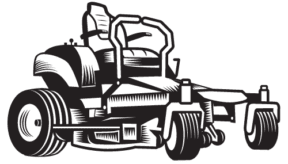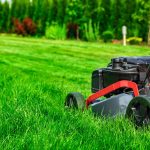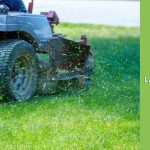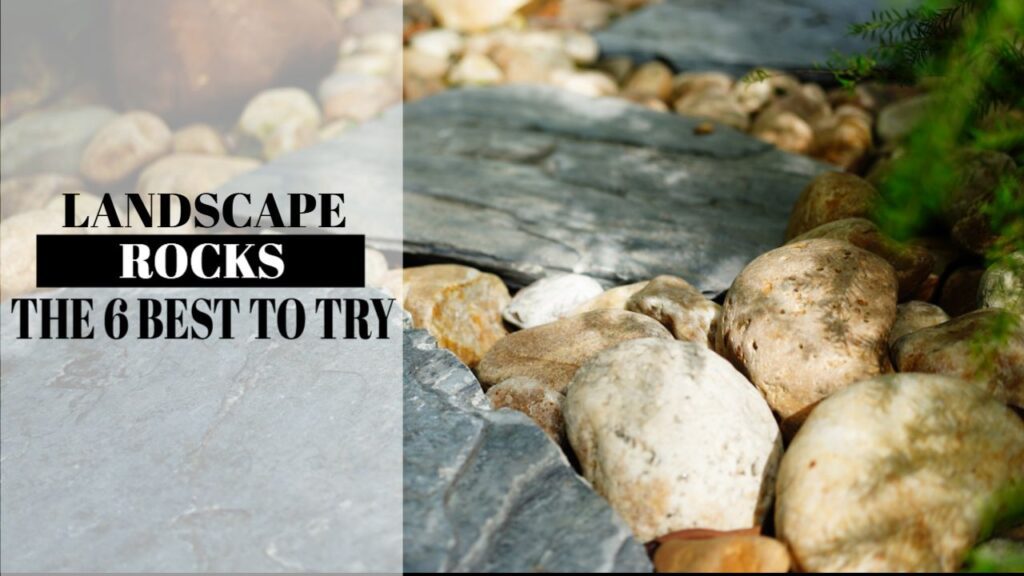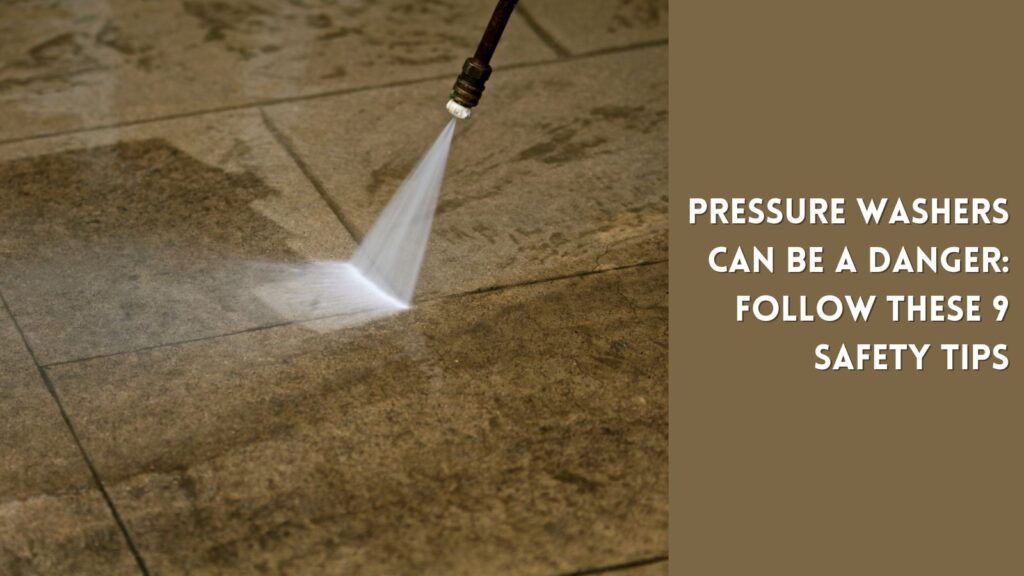Last Updated on: 18th October 2023, 02:22 pm
Spoiler: A Pressure Washer Will Usually Suffice Around the Home
We promise we won’t pressure you into reading this blog post. But we want to clarify a common misconception. Some people use the terms power washing and pressure washing interchangeably. However, they are not the same thing. Don’t worry, it’s an easy mistake, and we’re here to explain!
This short post will explain the difference between power and pressure washing and which is best for most surfaces. So, sit back and relax – no pressure!
What Is The Main Difference Between Power Washing and Pressure Washing?
Let’s start with the basics. Power and pressure washing involves using a high-pressure water stream to clean surfaces. However, the key difference is in the temperature of the water. Power washing uses pressurized steam, while pressure washing uses tap water without a heating mechanism.
Powerwashing is typically used for heavy-duty cleaning, while pressure washing is better suited for routine cleaning and maintenance.
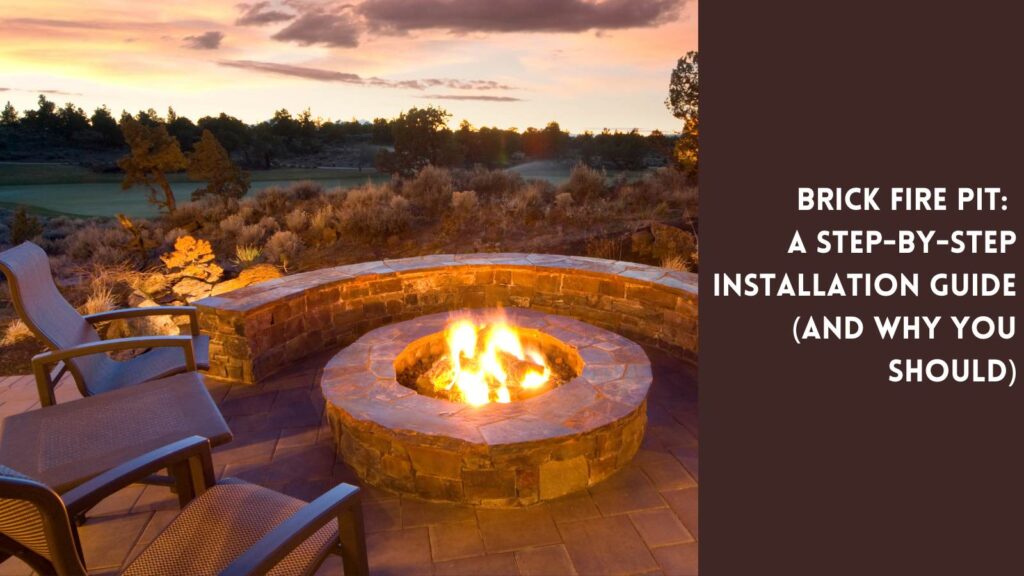
What’s Better for Exterior House Cleaning?
When cleaning your home’s exterior surfaces, pressure washing is usually the way to go. Powerwashing can be too harsh for many surfaces, especially those unable to handle high temperatures. Pressure washing has enough power to clean exterior house siding, masonry, brickwork, and sidewalks and driveways, without damaging the surfaces.
A Few Surfaces That Cannot Tolerate Power Washing
While a power washer can be an excellent tool for specific jobs, some surfaces cannot tolerate high temperatures and pressure. For example, delicate materials like wood or certain types of paint may sustain damage from power washing. Additionally, some roofing materials, like asphalt shingles, should never be power washed. It’s always best to consult a professional to determine the best cleaning method for your surfaces.
What is the PSI to Pressure Wash Home Exterior Surfaces?
When it comes to pressure washing your home’s exterior, the safe PSI (pounds per square inch) will vary depending on the surface. Here are some general guidelines:
- Aluminum siding: 1300-2000 PSI
- Stucco: 1500-2000 PSI
- Vinyl siding: 1000-1500 PSI
- Concrete: 3000-4000 PSI
- Bricks: 2500-3000 PSI
- Patio furniture: 1200-2000 PSI
It’s important to understand that these are just general guidelines, and the safe PSI will also depend on the specific condition and age of the surface. Additionally, it’s always a good idea to test a small, inconspicuous area first to ensure the pressure is not causing any damage.
There Might Be Some Times When a Power Washer Is the Better Choice
Power washing is best for heavy-duty cleaning jobs that require high-temperature and high-pressure water. It is typically more effective than pressure washing for removing stubborn dirt, grime, and surface stains.
So when to power wash?
Some examples of when power washing may be the best option include these:
- Removing grease and oil stains from concrete surfaces in commercial kitchens or industrial settings
- Cleaning large outdoor areas, such as parking lots or sidewalks, that are heavily soiled
- Removing graffiti from brick or concrete walls
- Cleaning surfaces with deep-set mold or mildew growth
- Preparing surfaces for painting or refinishing by removing old paint, rust, or other surface contaminants.
It’s important to reiterate. A power washer can be too harsh for some surfaces, so it’s always best to consult a professional pressure washing company to determine the best cleaning method for your specific cleaning needs.
Don’t Let Pressure Get to You – Choose the Right Cleaning Method
Choosing between power or pressure washing comes down to the specific cleaning job and surface you are working with. While power washing can be effective for heavy-duty cleaning jobs, pressure washing is generally the safer option for routine maintenance and cleaning.
Additionally, it’s critical to use the appropriate PSI for each surface to avoid causing any damage. If you’re unsure which cleaning method is best for your surfaces, don’t hesitate to consult with a professional pressure washing company. And remember, no pressure – we’re always here to help!
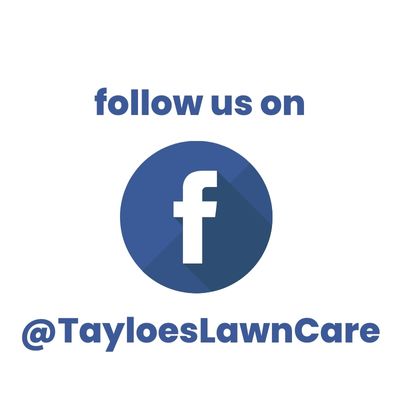


Author Profile
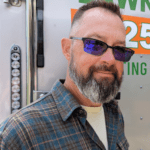
- Randy Tayloe is the COO of Tayloe's Lawn Care Service, LLC. He is a certified custom applicator, recognized by the North Carolina Department of Agriculture Pesticide Division. A native of Bertie County, NC, and graduate of Bertie High School, he wants to beautify his home county - one yard at a time.
Latest entries
 GardeningApril 1, 2025Fountain grasses add colorful foliage and movement
GardeningApril 1, 2025Fountain grasses add colorful foliage and movement GardeningMarch 21, 2025White cloud muhly grass growing guide
GardeningMarch 21, 2025White cloud muhly grass growing guide Lawn CareFebruary 25, 2025Should I mow every week?
Lawn CareFebruary 25, 2025Should I mow every week? Lawn CareFebruary 18, 202515 Simple early spring lawn care tips
Lawn CareFebruary 18, 202515 Simple early spring lawn care tips
